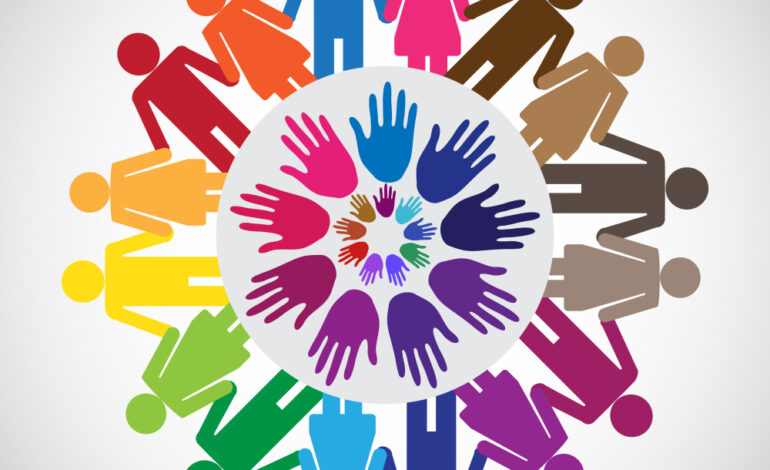Diabetes and Mental Health: Navigating the Emotional Aspects

Living with diabetes involves more than just managing blood sugar levels. It also encompasses the emotional aspects that can impact your overall well-being. In this blog, we’ll explore the connection between diabetes and mental health, address the emotional challenges of diabetes, and offer strategies for maintaining psychological well-being.
Understanding the Emotional Impact of Diabetes
Diabetes can bring about various emotional challenges:
- Stress: Managing diabetes can be stressful, as it requires constant attention to diet, medication, and blood sugar monitoring.
- Anxiety: Concerns about complications, hypoglycemia, or high blood sugar levels can lead to anxiety.
- Depression: The daily demands of diabetes management can contribute to feelings of depression, sadness, or hopelessness.
- Guilt and Shame: Some individuals may experience guilt or shame related to their diabetes, especially if they struggle to maintain target blood sugar levels.
- Fear: The fear of complications or the unknown can be a significant source of emotional distress.
Strategies for Maintaining Psychological Well-Being
Taking care of your mental health is essential when managing diabetes. Here are strategies to help:
- Seek Support: Talk to friends, family, or a therapist about your feelings and concerns. Sharing can provide relief and support.
- Join Support Groups: Connect with others who have diabetes to share experiences and coping strategies.
- Set Realistic Goals: Establish achievable diabetes management goals to reduce feelings of frustration.
- Practice Self-Compassion: Be kind to yourself and acknowledge that diabetes management is a continuous process with ups and downs.
- Stress Management: Engage in stress-reduction techniques such as mindfulness, meditation, or yoga.
- Stay Informed: Educate yourself about diabetes and its management to alleviate fears and uncertainties.
- Healthy Lifestyle: Maintain a balanced diet, exercise regularly, get enough sleep, and limit alcohol and tobacco use.
- Regular Check-Ins: Schedule regular appointments with your healthcare provider to discuss your mental health as part of your overall care.
- Consider Therapy: If feelings of depression or anxiety persist, consider therapy or counseling to address these concerns.
The Importance of Mental Health in Diabetes Management
Your emotional well-being is integral to your ability to manage diabetes effectively. Unmanaged stress, anxiety, or depression can impact your blood sugar control and overall health. By addressing the emotional aspects of diabetes and adopting strategies to maintain psychological well-being, you can lead a fulfilling life despite the challenges of diabetes.
In the next blog, we’ll explore the role of technology in diabetes management, highlighting the tools and innovations that can make diabetes care more accessible and convenient. Stay informed and empowered on your diabetes management journey.










